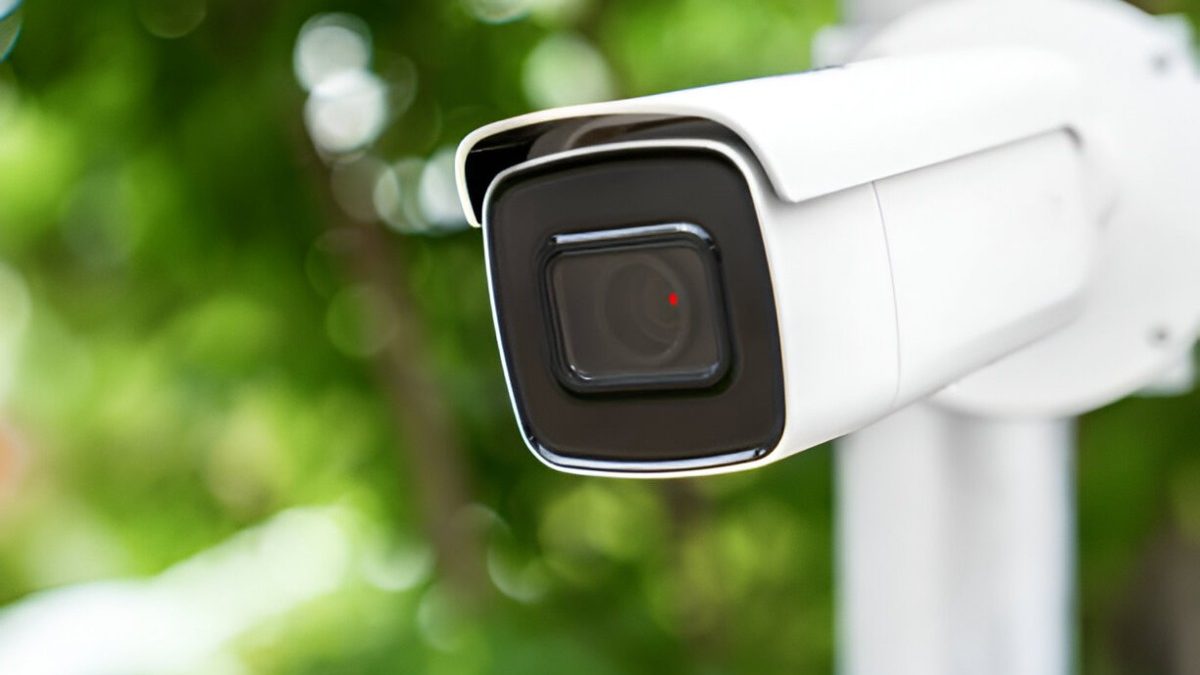Dash Cam Video – Imagine you’re driving down a quiet, winding road. The sunlight is spilling through the trees, and everything feels calm—until it doesn’t. Out of nowhere, a car swerves into your lane, narrowly missing your vehicle. Your heart pounds, but thankfully, you’ve got a dash cam recording everything. This little device might just save the day, providing critical evidence of the near-miss. But here’s the catch: is that dash cam footage even legal to use in your state?
The legality of dash camera footage varies wildly across the U.S., with each state having its own set of rules and quirks. Understanding these can be a maze, but it’s crucial to ensure that the footage you collect can actually be used when it matters most. So, let’s dive into this and make sure you’re on the right side of the law.
Table of Contents
The Intricacies of Dash Cam Video Legality
You might be surprised to learn that the legality of dash cam footage isn’t always clear-cut. In some states, there are specific rules about where a dash camera can be placed, what it can record, and how the footage can be used. Other states are more lenient, allowing for broader usage of these devices. It’s a patchwork of regulations that can be confusing, but one thing is certain: you need to know the rules before hitting the road.
For instance, California has strict privacy laws, and recording audio without consent could land you in hot water. However, if you mute the audio and simply record video, you might be in the clear. Meanwhile, in New York, dash cams are generally permitted, but there are specific guidelines regarding how much of your windshield they can cover. Who knew that something as small as a dash cam could involve so many legal details?
The word “argues” might seem harmless, but it’s often the crux of legal battles over dash camera footage. Imagine this: you’re in court, presenting dash cam footage as evidence. The opposing lawyer *argues* that the footage was illegally obtained, and suddenly, your seemingly ironclad case isn’t so solid. It’s in moments like these that the nuances of state laws become glaringly important.
Why You Should Care About Your State’s Laws
So, why does any of this matter to you? If you’re someone who drives frequently or simply likes the peace of mind that the best dash-cam provides, understanding the legal landscape is essential. It’s not just about protecting yourself after an accident; it’s about ensuring that your protection doesn’t come with unintended legal consequences.
Consider this: In some states, using a dash camera could lead to hefty fines or even criminal charges if you’re not compliant with local laws. And while that might sound extreme, it’s the reality in places with strict privacy regulations. On the flip side, there are states where dash cam footage is fully embraced in legal proceedings, sometimes even becoming the deciding factor in court cases.
If you’re a dash camera evangelist, someone who passionately believes in the power of these devices, you’re likely already aware of how crucial they can be. You’ve probably convinced friends and family to install their own dash cams, sharing stories of close calls and near misses that were all captured on camera. But even the most passionate evangelist needs to pause and consider the legality of it all. After all, what good is your dash cam if the footage it captures isn’t admissible in court?
Navigating the Legal Maze: What You Need to Know
Now that you’re aware of the potential legal pitfalls, how do you navigate this maze? The first step is simple: know your state’s laws. Whether you’re in Texas, Florida, or Oregon, a quick search can reveal the specific regulations surrounding dash camera use in your area.
Many states allow dash cam footage to be used in court, but the details matter. In some places, audio recordings are the sticking point, while in others, it’s about where your camera is mounted. Some states have laws that specifically protect drivers who use dash cams, while others have restrictions that could make using one more trouble than it’s worth.
If you’re traveling across state lines, it gets even more complicated. The legality of your dash cam footage could change as soon as you cross into a new state. It’s a good idea to familiarize yourself with the laws of any state you’ll be driving in, especially if you plan to rely on your dash camera in the event of an accident.
The Importance of Staying Informed
At the end of the day, using a dash camera can be a powerful tool for protecting yourself on the road, but it comes with responsibilities. Staying informed about the laws in your state isn’t just smart—it’s essential. Whether you’re dealing with a minor fender bender or a major collision, having legal, admissible footage could be the difference between a quick resolution and a lengthy legal battle.
So, take the time to understand your state’s regulations, and don’t hesitate to seek legal advice if you’re unsure. Your dash cam could be your best defense, but only if you know how to use it legally. And remember, while it’s great to be a dash camera evangelist, make sure you’re spreading the word about legality, too. After all, the last thing you want is to argue the admissibility of your footage when you need it most.

